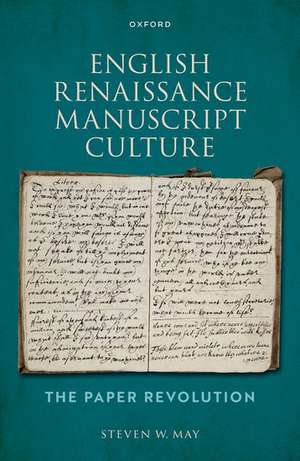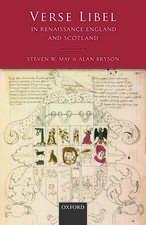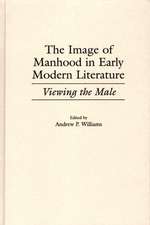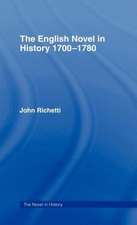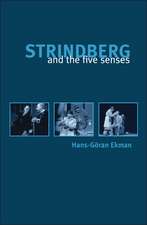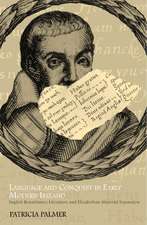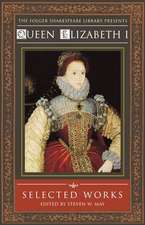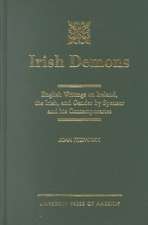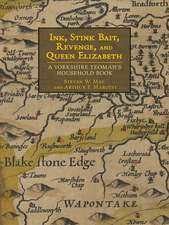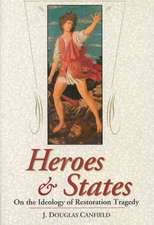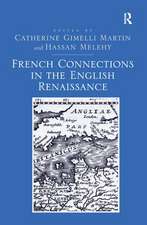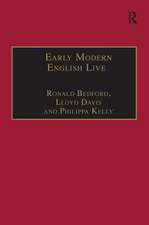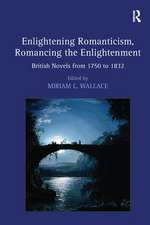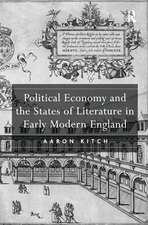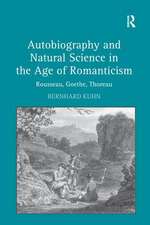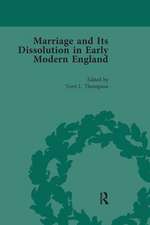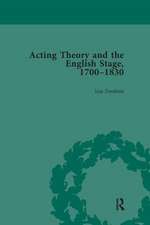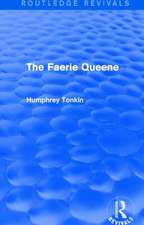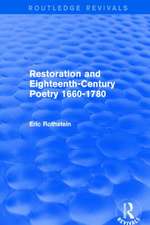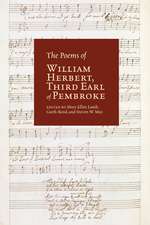English Renaissance Manuscript Culture: The Paper Revolution
Autor Steven W. Mayen Limba Engleză Hardback – 14 aug 2023
Preț: 408.23 lei
Preț vechi: 562.20 lei
-27% Nou
Puncte Express: 612
Preț estimativ în valută:
78.12€ • 81.73$ • 64.89£
78.12€ • 81.73$ • 64.89£
Carte disponibilă
Livrare economică 01-07 martie
Livrare express 26 februarie-04 martie pentru 102.25 lei
Preluare comenzi: 021 569.72.76
Specificații
ISBN-13: 9780198878001
ISBN-10: 0198878001
Pagini: 286
Ilustrații: 13 black and white illustrations
Dimensiuni: 160 x 240 x 19 mm
Greutate: 0.57 kg
Editura: OUP OXFORD
Colecția OUP Oxford
Locul publicării:Oxford, United Kingdom
ISBN-10: 0198878001
Pagini: 286
Ilustrații: 13 black and white illustrations
Dimensiuni: 160 x 240 x 19 mm
Greutate: 0.57 kg
Editura: OUP OXFORD
Colecția OUP Oxford
Locul publicării:Oxford, United Kingdom
Recenzii
May (adjunct, Emory Univ.) writes in the introduction to this volume that his aim is "to establish how the introduction of the new paper technology in late medieval Europe made possible what became the hybrid Renaissance scribal tradition as distinct from its parchment-based predecessor." May's emphasis is on paper, "parchment, handwriting, and other physical aspects of textile production" with a focus on manuscript poetry. The first of seven chapters offers an account "of how writing technologies governed the development of literate culture in the West."... this is a pioneering study on the importance of paper and ink and the kinds of writing and communication that paper made possible...Highly recommended.
Notă biografică
Steven W. May graduated B.A. from Rockford College, and M.A. and Ph.D. from the University of Chicago. He taught for 35 years at Georgetown College in Georgetown, KY. During retirement he has served as Adjunct Professor of English at Emory University and as Senior Research Fellow in the School of English at the University of Sheffield. From 2009-2013 he served as Principal Investigator on "Early Modern Manuscript Poetry: Recovering our Scribal Heritage," funded through the University of Sheffield by the Arts and Humanities Research Council.
